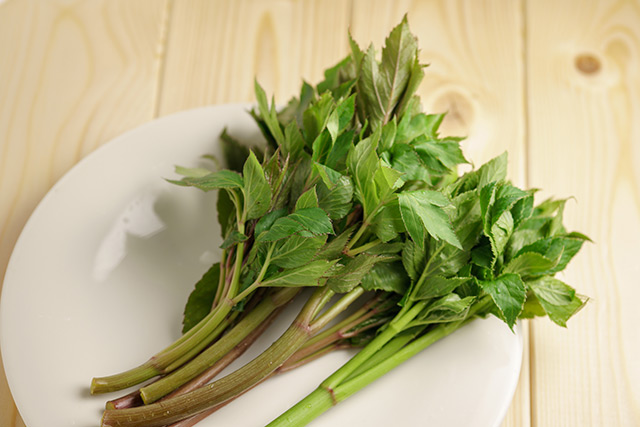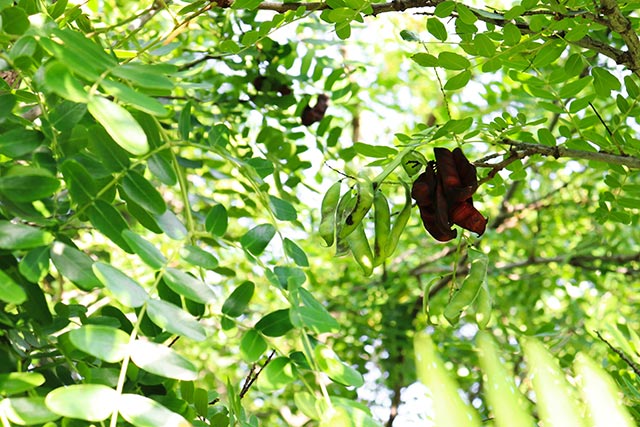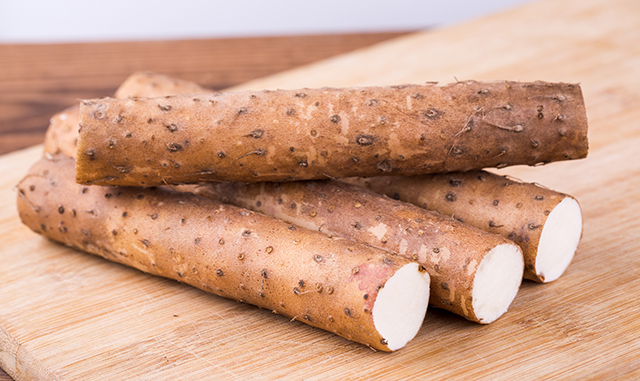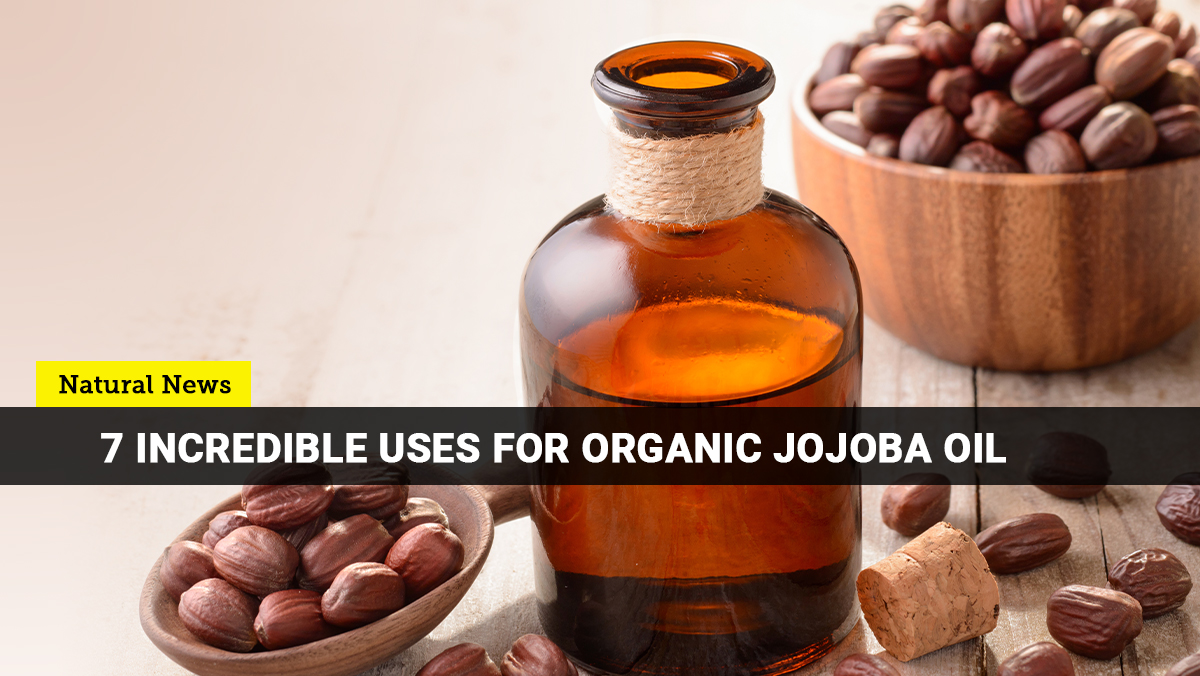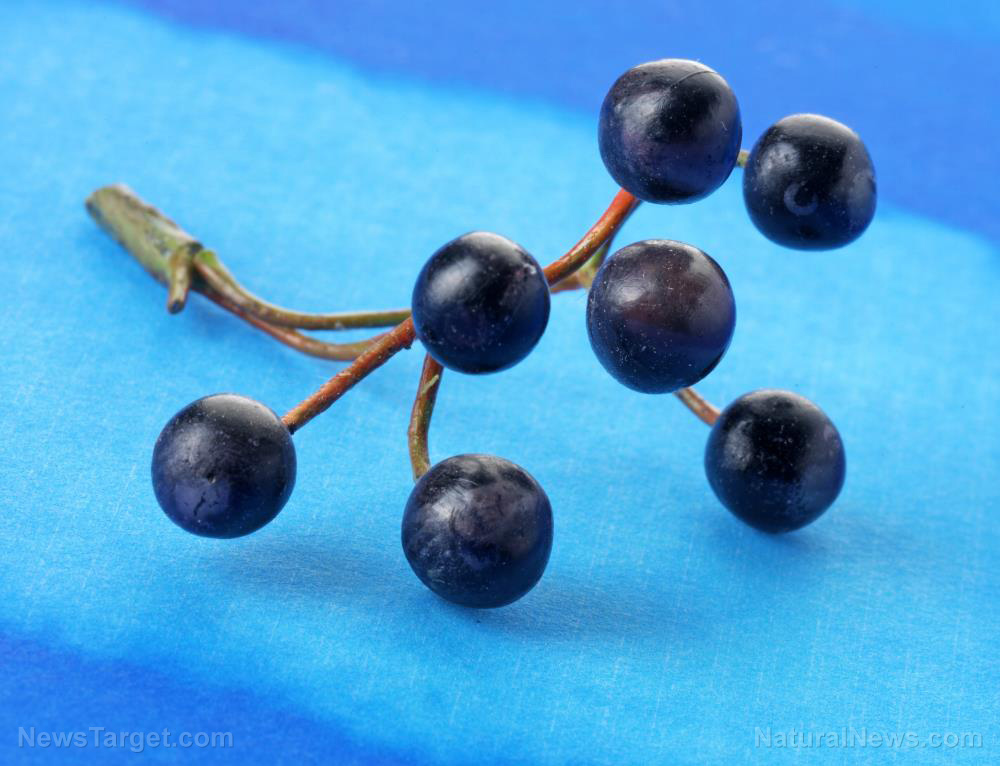What’s salidroside, and how can it protect the brain from neurogenerative diseases?
09/03/2019 / By Janine Acero

The Arctic root is a plant in the Crassulaceae family that thrives in cold regions. In traditional medicine, it is known as Rhodiola rosea. Rhodiola is used in many natural treatments thanks to its abundance in natural compounds that exhibit medicinal properties. Researchers from China reported that rhodiola has neuroprotective activity after investigating one its most active ingredients, salidroside. Their study, which gives evidence to this, was published in The American Journal of Chinese Medicine.
One of the key factors in the development of neurodegenerative diseases is the increased production of pro-inflammatory enzymes and cytokines, which can be triggered by microglial activation.
Only a few drugs target microglial activation. Recent studies show that the chemical compound salidroside (Sal) has anti-inflammatory effects, which may help regulate the production of pro-inflammatory substances.
The current study aimed to explore the effect of Sal on microglia activation in lipopolysaccharide (LPS)-stimulated BV-2 cells. The researchers found that Sal significantly inhibited the excessive production of nitric oxide (NO) and prostaglandin E2 (PGE2) in LPS-stimulated BV2 cells. They also found that Sal treatment suppressed the mRNA and protein expressions of inflammatory enzymes, including inducible nitric oxide synthase (iNOS) and cyclooxygenase-2 (COX-2).
The researchers believe that these mechanisms may be involved in the inhibition of the activation of nuclear factor-kappa B (NF-kB) and endoplasmic reticulum stress.
Based on these results, the researchers concluded that salidroside inhibits lipopolysaccharide-induced microglial activation by inhibiting the NF-kB pathway and endoplasmic reticulum stress. They believe that this activity makes salidroside a promising therapeutic agent for human neurodegenerative diseases. (Related: A member of the forget-me-not flower family found to prevent neurodegenerative disorders.)
Salidroside is a major contributor to the potent health benefits of Arctic root
In traditional healing practices in Russia and Scandinavian countries, Arctic root (R. rosea) is used to treat anxiety, fatigue and depression. Today, it is widely used as a dietary supplement.
Salidroside is the most potent active ingredient of R. rosea alongside rosavin. Below are some of the health benefits associated with taking rhodiola supplements. (h/t to Healthline.com)
- It reduces stress — Rhodiola is an adaptogen, meaning it can help your body cope with stress better. A 2015 study showed that rhodiola extracts can improve cognition as well as anxiety, stress and other mood symptoms.
- It relieves fatigue — Prolonged stress and anxiety can lead to fatigue. Fatigue causes extreme physical and mental tiredness. A recent study highlighted the adaptogenic effects of rhodiola and proved that it can alleviate chronic fatigue symptoms in one week.
- It has antidepressant effects — Studies show that rhodiola extracts possess antidepressant properties. One such study reported that rhodiola can effectively alleviate the symptoms of mild to moderate depression.
- It boosts brain function — Supplementing with rhodiola is found to strengthen mental fortitude and increase motivation, especially for people who work night shifts or are subject to highly stressful environments, such as students and people in the military.
- It improves endurance during exercise — Rhodiola is a promising supplement for bolstering exercise performance. A 2013 study showed that rhodiola supplementation improves endurance and decreases perceived exertion or how hard people feel their bodies are working.
- It may help manage diabetes — Rhodiola is said to have anti-hyperglycemic properties based on studies that show its effects on the blood sugar levels of diabetic rats. So far, these effects have only been seen in animal models. However, these findings may encourage researchers to investigate the effects of rhodiola on human blood sugar levels.
Did you know that rhodiola may also have anticancer properties? Visit AlternativeMedicine.news to learn more.
Sources include:
Tagged Under: alternative medicine, Alzheimer's disease, anti-inflammatory, Arctic Root, brain function, brain health, cognitive health, dementia, disease treatments, herbal medicine, Herbs, lipopolysaccharide, microglia, microglial activation, natural cures, natural medicine, neurodegenerative diseases, neuroprotective, phytochemicals, prevention, remedies, research, Rhodiola Rosea, rhodiola supplements, salidroside, TCM, traditional Chinese medicine
RECENT NEWS & ARTICLES
PlantMedicine.News is a fact-based public education website published by Plant Medicine News Features, LLC.
All content copyright © 2018 by Plant Medicine News Features, LLC.
Contact Us with Tips or Corrections
All trademarks, registered trademarks and servicemarks mentioned on this site are the property of their respective owners.





